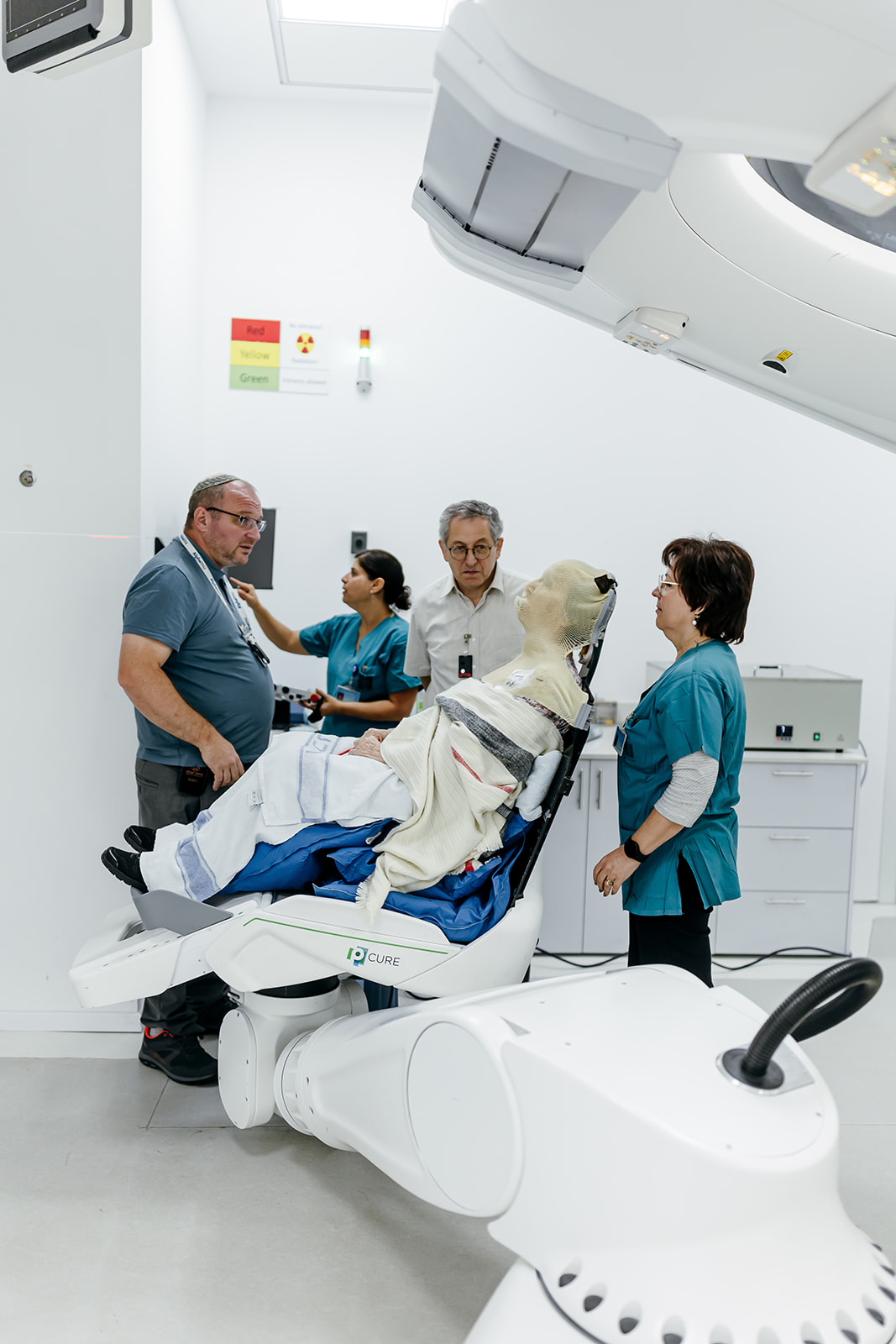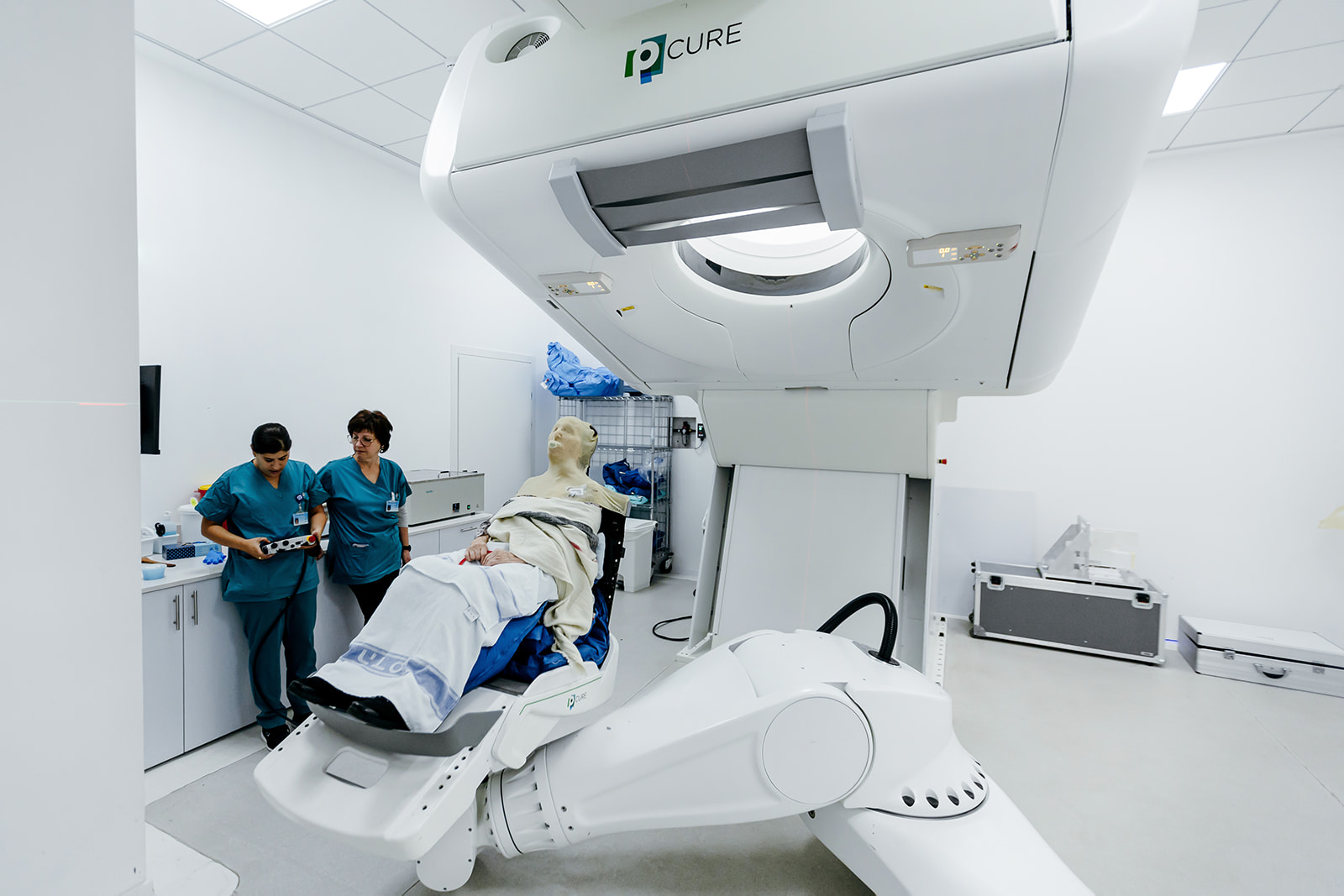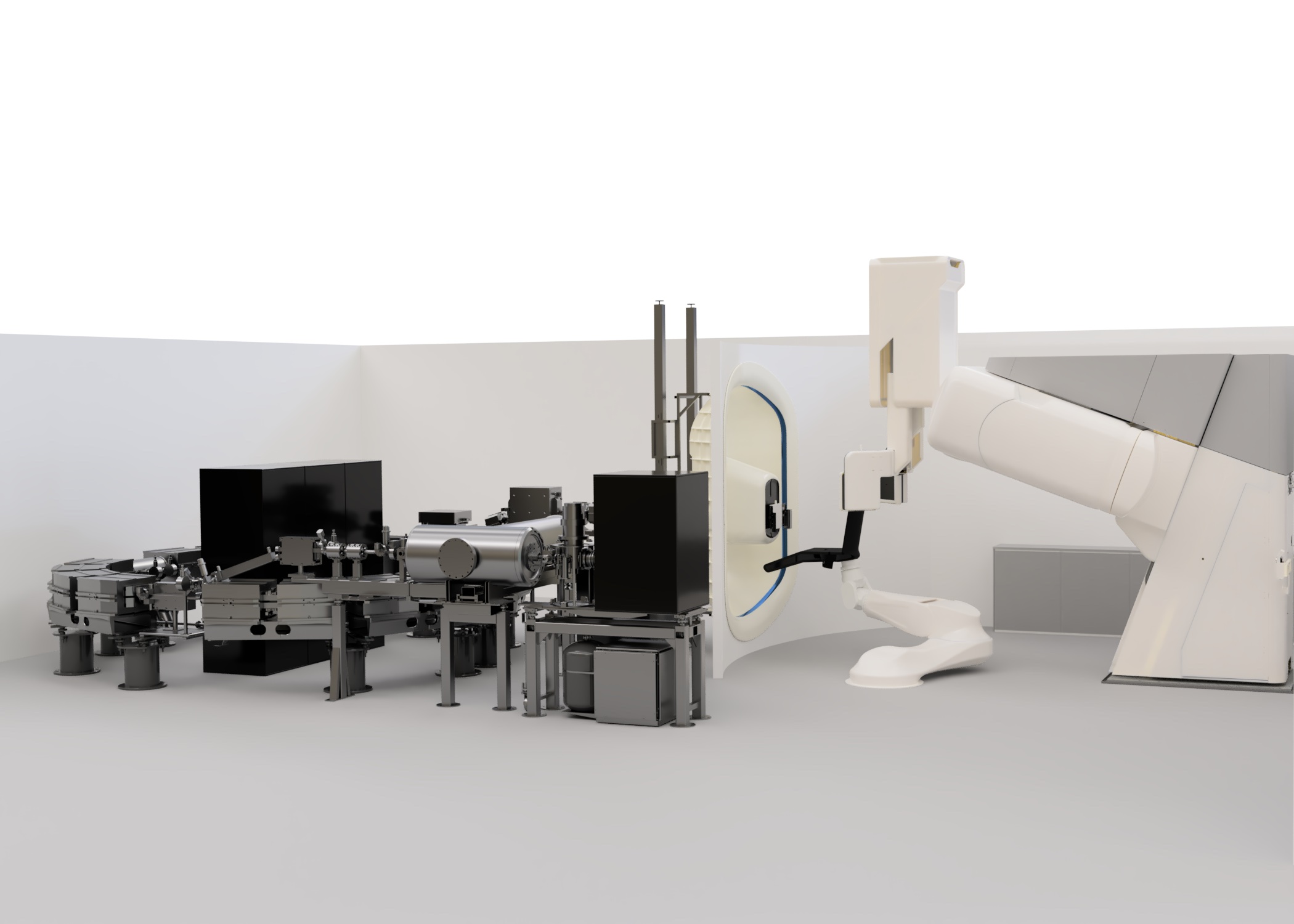A Beam Through Time: The Fascinating History of Proton Therapy
Cancer treatment has come a long way. From the harsh, early days of radiation therapy to the targeted precision of modern techniques, the fight against this disease continues to evolve. Today, we delve into the captivating history of proton therapy, a revolutionary approach with roots surprisingly deeper than you might think.
From Theory to Treatment: The Seeds of an Idea (1940s)
The story begins in 1946 with a visionary physicist named Robert R. Wilson. Recognizing the potential of protons for targeted radiation, he proposed their use in medical treatment. This innovative idea laid the groundwork for what would become a powerful tool in the fight against cancer. (Source: National Association for Proton Therapy: https://proton-therapy.org/history/)
Early Stages: Putting the Theory into Practice (1950s)
The 1950s witnessed the first attempts to translate Wilson’s concept into reality. Pioneering researchers at the Lawrence Berkeley Laboratory in California began treating patients with proton beams at nuclear physics facilities. The first successful treatment occurred in 1954, targeting metastatic breast cancer through pituitary irradiation. (Source: OncoLink)
While initial successes were promising, the technology was still in its infancy. Large, expensive machines limited access, and a lack of sophisticated 3D imaging hindered treatment precision.
Challenges and Advancements: Refining the Technology (1960s-1980s)
The following decades saw significant strides in proton therapy technology. However, limitations remained. Large, expensive cyclotrons, the primary accelerators used, were costly to operate and maintain. Additionally, the lack of 3D imaging made it challenging to precisely target tumors while minimizing damage to healthy tissue.
Researchers persevered, refining techniques and pushing for advancements in accelerator technology. The development of synchrotrons, a more efficient type of accelerator, offered a path forward.
A New Dawn: The Rise of Hospital-Based Centers (1990s)
The 1990s marked a turning point. The establishment of the first hospital-based proton therapy center at Loma Linda University Medical Center in California in 1990 signified a crucial shift. This development made the treatment more accessible and paved the way for further clinical research. (Source: National Association for Proton Therapy: https://proton-therapy.org/history/)
The Present and Beyond: A Future Filled with Promise
Today, proton therapy is a recognized and established cancer treatment option. Advancements in accelerator technology like compact cyclotrons and synchrotrons have made machines smaller and more affordable. Sophisticated 3D imaging techniques like CT scans and PET scans allow for precise treatment planning, maximizing tumor targeting and minimizing side effects.
A 2020 study published in the journal Nature Reviews Clinical Oncology found that proton therapy improved local control rates for certain cancers compared to traditional radiation therapy, potentially leading to fewer recurrences and longer survival times. (Source: DOI: 10.1038/s41571-020-0420-0)
With ongoing research and development in areas like the miniaturization of accelerators and improved beam delivery systems, the future of proton therapy holds immense promise for improving patient outcomes and revolutionizing cancer care.
P-Cure: Building on a Legacy of Innovation
At P-Cure, we honor the pioneering spirit of those who brought proton therapy to life, from Robert R. Wilson to the researchers who refined the technology. We are committed to continuing this legacy by developing the most advanced proton therapy machines available, making this life-saving treatment even more accessible to patients.
Join us in shaping the future of cancer treatment.





